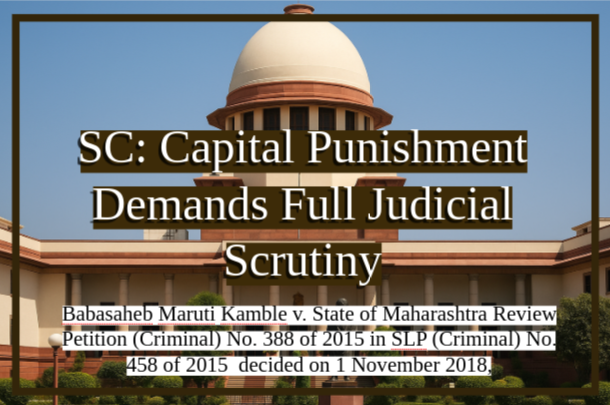SC Resolves 8-Year Matrimonial Dispute
- M.R Mishra

- Aug 8, 2025
- 2 min read
Updated: Aug 10, 2025
A long, bitter legal journey has finally reached its end with the Supreme Court’s decision .The judgment untangles a complex web of matrimonial and property disputes, criminal allegations, and failed reconciliations playing out over nearly a decade
The parties’ brief attempt at a second marriage quickly went awry, culminating in irreconcilable differences and escalating litigation. After living together for a little under two years, the husband left their Mumbai apartment jointly owned, but released in his favor during his first divorce to care for his autistic child from a previous marriage.
The wife alleged abandonment and domestic violence, prompting criminal proceedings, while the husband claimed harassment and moved to Faridabad.
Both sides initiated a barrage of legal actions: complaints under Section 498-A of the IPC, proceedings under the Domestic Violence Act, and parallel moves for divorce.
Mediation finally yielded a settlement agreement in September 2022. But before the ‘second motion’ the final step for a mutual consent divorce the wife withdrew her cooperation, igniting further litigation and allegations of coercion, fraud, and financial subterfuge.
The Supreme Court reviewed not just marital discord but also financial realities. The husband had resigned from his lucrative banking job in the midst of their disputes; the wife, a qualified engineer and management graduate, claimed to now be unemployed . A key asset the Mumbai apartment valued at about ₹4 crores became the focus. The Court weighed maintenance dues, car ownership, and ongoing property obligations in crafting its ruling.
Ultimately, the Supreme Court called on its constitutional powers under Article 142 to break the impasse, observing the marriage had become unworkable and emotionally dead.
The Court quashed the criminal proceedings and formalized divorce on terms balancing fairness with realism.
The husband must gift the Mumbai apartment and settle all outstanding society maintenance; further claims for alimony were refused in light of both parties’ capacity and prior settlements.
A strict schedule for execution of property documents was set, and the parties barred from reopening any related civil or criminal proceedings.
This ruling puts a formal end to an exhausting saga, prioritizing finality and the long-term interests of all involved including the autistic child. The message is clear: where reconciliation is impossible and litigation spirals unendingly, the Court’s role is to do complete justice, achieve closure, and let the parties move on.
Disclaimer: The views expressed in this blog are for informational purposes only and do not constitute legal advice. Readers are advised to consult a qualified legal professional for specific guidance on their individual circumstances.







Comments